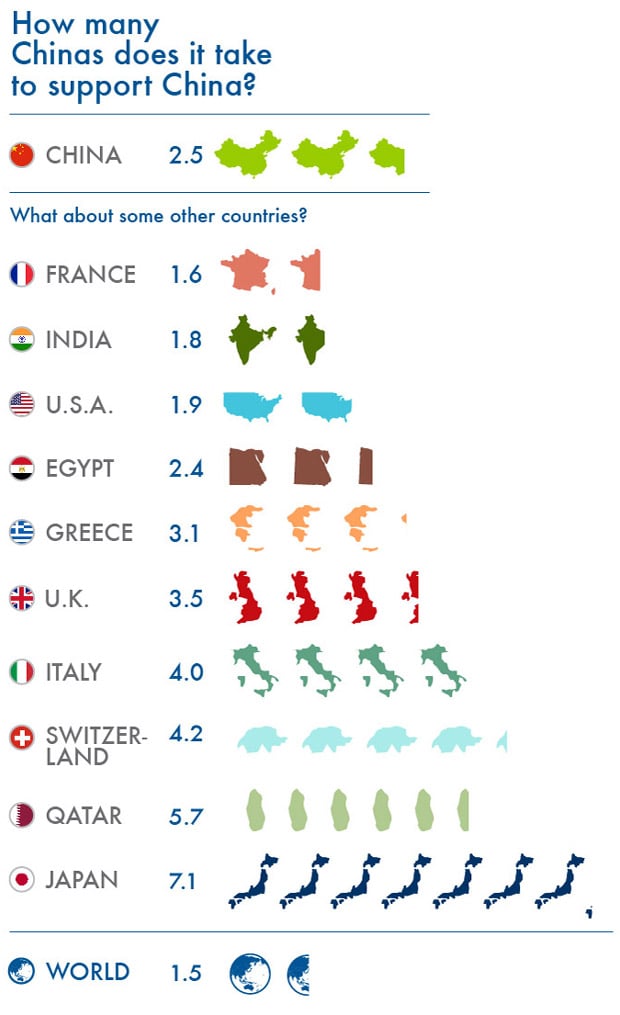There are few more important things than a good home for our health and sense of well being. A place where we feel we belong, can share things with our families or friends and have somewhere we can escape to and relax after the demands of the day.
Unfortunately, many people in Lincoln do not enjoy these things because either they do not even have a roof over their heads, are living in very overcrowded conditions, or whose homes are in a poor state of repair, too expensive to run or unaffordable because of the rent or the mortgage that has to be paid.
At the most extreme end of the housing crisis, the council received more than 200 applications for homelessness in 2012/13.
Council housing still remains an attractive option for many lower income families who also want the security of tenure and the assurance of a responsible landlord.
Although the City Council still owns about 8,000 homes, there are 3,000 people on the waiting list and many people have to wait five to six years before getting re-housed. Given the extent of housing need, the difficulty in getting council housing, and the problems of getting a mortgage nowadays, many low income families have had to resort to private rented accommodation.
At the last census in 2011, more than 8,000 private rented properties were identified in the city, with half of these built before 1911. According to the Council’s own stock condition survey of these properties, it’s believed that nearly half do not meet the Government’s Decent Homes Standard as they lack a decent standard in a number of their basic facilities.
Of the 22,000 owner-occupied houses in Lincoln, a third do not meet the Decent Homes Standard, and again more than half were built before 1911.
On April 1 2013, there were 768 privately-owned empty homes in the city, a wasted resource which brings an area down, can attract anti-social behaviour, and lead to the property reaching the point of being beyond repair.
Currently, homes being built by private home builders are running at about 300 per year, just 25% of what is needed to keep up with projected demand.
This snapshot of our current housing crisis explains why affordable housing is one of the City Council’s priorities and why we are making strenuous efforts to tackle the problems, despite the serious financial problems we face resulting from cuts in Government support.
We have provided money for two new facilities for the homeless, have started building council houses again the first time for 20 years, are working with private sector landlords to improve standards in rented accommodation, and are using the licensing system to do the same for homes in multiple occupation.
The council has awarded £6 million in grants to improve over 1,700 homes and 231 decent homes grants worth £1.8 million to home owners in Lincoln.
Using our Empty Homes Officer, we have brought 82 empty homes back into use over the past five years. Although many of these are notoriously difficult to bring back into use, we will redouble our efforts to prevent this waste of resources.
We have to get the private sector building more homes. We are pushing to make progress on the 3,000 new homes we hope to see in the Swanpool and Skewbridge area (west of Tritton Road) and have been providing support for first time buyers through our mortgage support scheme to help people get their first foot on the housing ladder.
There are 1,000 homes in Lincoln without central heating, and about 15% of people live in fuel poverty. We are looking to enter a bulk buy scheme in order to offer people a cheaper tariff for the fuel.
We are doing as much as we can, but given the scale of our problems in Lincoln, and given the age of our housing stock, the crisis can only get worse.
Much, much more needs to be done. We need more help from Government — give us more borrowing powers so we can build more council housing. Recognise the importance of house building and the favourable knock-on effects of getting economic growth going.
In the 20 years between 1950 and 1970, we built 6.5 million homes in Britain. There was then the recognition of the need for new homes and a national will to meet that need.
We desperately need that same will and determination today if we are going to overcome this crisis.






